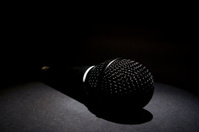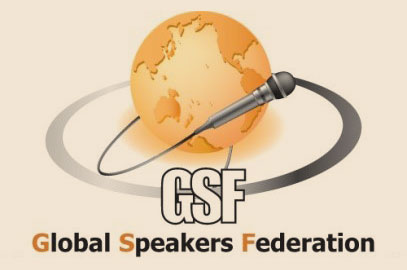“I don’t need no standing ovation!”
Several months ago, I watched a speaker at a conference deliver a riveting talk on marketing, branding and social media. He was polished, interesting, and the slides and videos that he used brought the perfect mix of humour, fun, and insight. All around, a great presentation.
And yet, his audience was cheated.

appreciation of his talk, but he didn’t see it. And what was worse, the audience gave him a standing ovation. Of the approximately 300 people in attendance, almost everyone was on their feet, trying to show their appreciation for sharing his views through their applause.
But he was gone. Out the door. Without a clue that 300 people were trying to show their appreciation. We thought he’d come back, but he never did.
So I, as the rest of the audience, applauded an empty stage. Awkward.
Did he not care? Did he have somewhere more important to be? Did he not have 10 extra seconds to hang around and accept his applause?
Let this be a [fairly obvious] lesson to all speakers. Do not rush off the stage after you speak. Receive your audience’s applause. Smile. Enjoy it. Stay until the MC or event organizer ‘relieves’ you – or until you feel that you’ve stayed an appropriate amount of time.
For a speaker, getting applause from an appreciative audience is, or at least should be, momentously rewarding. For an audience, it gives them a chance to show appreciation for sharing insights. But as in all speaking, it’s not about you. Remember your audience. Show them proper respect at all times – before, during and after your presentation. They WANT to thank you for the time and effort you took to speak to them. Don’t deprive them of the opportunity to thank you.






I recall a similarly ungratifying audience-moment when I saw Keith Jarrett perform in 1978. I couldn’t tell whether it was disdain for his following or stage-clumsiness, but he too ducked out with only perfunctory acknowledgment of the crowd.